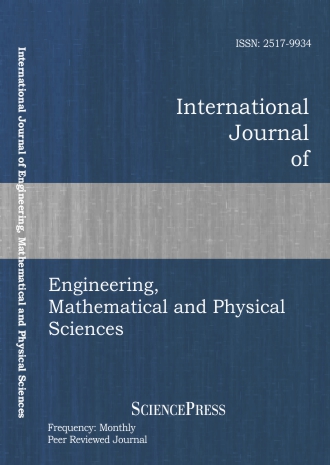
Scholarly
Volume:6, Issue: 8, 2012 Page No: 964 - 968
International Journal of Engineering, Mathematical and Physical Sciences
ISSN: 2517-9934
967 Downloads
Constructive Proof of the Existence of an Equilibrium in a Competitive Economy with Sequentially Locally Non-Constant Excess Demand Functions
In this paper we will constructively prove the existence of an equilibrium in a competitive economy with sequentially locally non-constant excess demand functions. And we will show that the existence of such an equilibrium in a competitive economy implies Sperner-s lemma. We follow the Bishop style constructive mathematics.
Authors:
References:
[1] J. Berger, D. Bridges, and P. Schuster. The fan theorem and unique